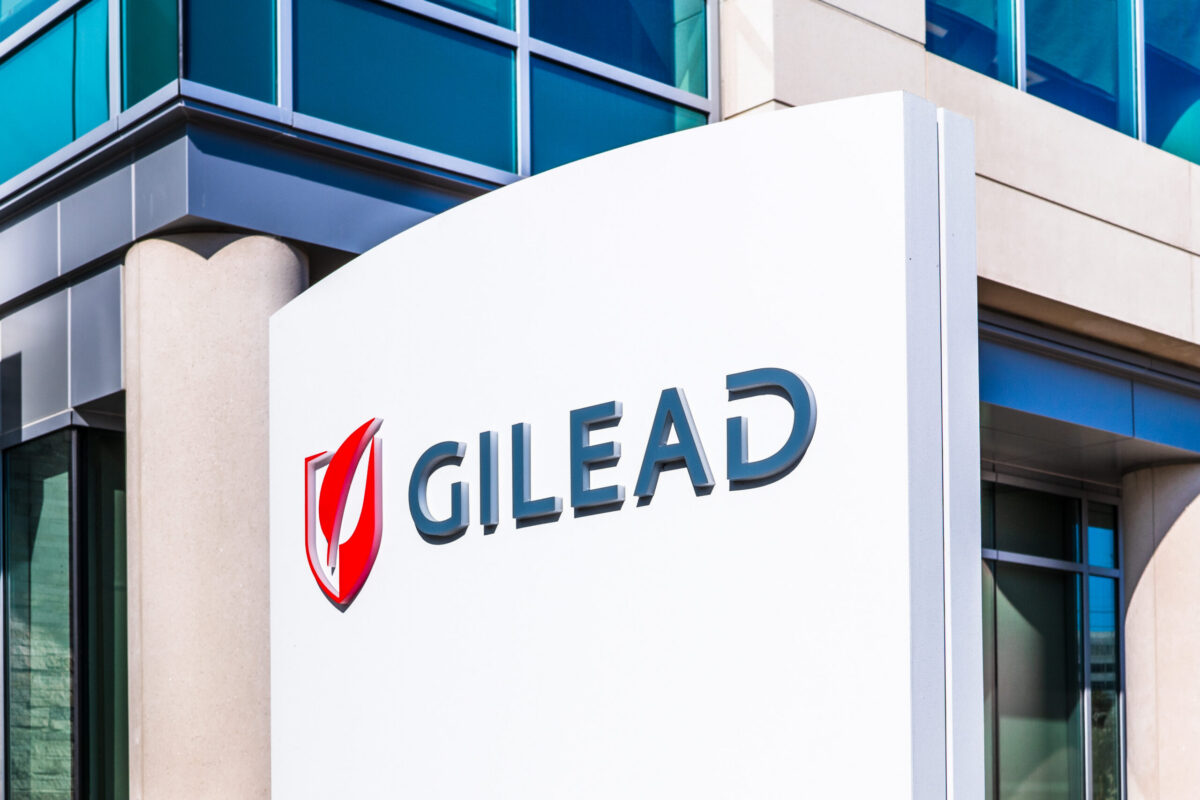Sagimet Biosciences has announced that its experimental drug, denifanstat, will be heading into Phase III clinical trials for metabolic-associated steatohepatitis (MASH).
The US Food and Drug Administration (FDA) has supported its advancement after the drug posted positive Phase II data. At the beginning of last month, the agency granted Breakthrough Therapy designation to denifanstat for the treatment of non-cirrhotic MASH.
MASH, formerly known as nonalcoholic steatohepatitisis (NASH), is a chronic liver disease that affects more than 115 million people worldwide.
It is characterized by liver inflammation and damage due to fat accumulation. The advanced liver disease, often linked to metabolic syndrome, obesity and type 2 diabetes, is a severe and increasingly prevalent form of non-alcoholic fatty liver disease (NAFLD). MASH can lead to serious complications like cirrhosis, liver failure and even liver cancer.
While NAFLD is common and often benign, MASH represents a more severe progression of the disease, affecting millions globally. Unlike other liver diseases, MASH does not arise from alcohol consumption, complicating its prevention and management in populations where lifestyle changes may be difficult to implement.
With the global obesity epidemic, the incidence of MASH is expected to rise sharply. Currently, there are limited treatment options, with most management strategies focusing on lifestyle adjustments rather than medications.
The Phase III program is set to launch by the end of this year, targeting a minimum enrollment of 1,800 patients who will receive denifanstat.
XTALKS WEBINAR: Effective Study Design and Execution of Renal and Hepatic Impairment Trials
Live and On-Demand: Friday, November 8, 2024, at 2pm EST (11am PST)
Register for this free webinar to learn how to effectively manage renal and hepatic impairment trials by leveraging site expertise, enhancing communication and utilizing advanced clinical pharmacology tools.
The study will feature two double-blind, placebo-controlled multicenter trials, FASCINATE-3 and FASCINIT. The trials aim to evaluate the efficacy and safety of denifanstat in patients with MASH and metabolic dysfunction-associated steatotic liver disease (MASLD).
FASCINATE-3 will center on patients with F2/F3 (non-cirrhotic) MASH while FASCINIT will focus on those with suspected or confirmed diagnosis of MASLD/MASH.
The primary endpoints for FASCINATE-3 are liver biopsy and 4.5-year clinical outcomes while FASCINIT will look at safety and tolerability, with secondary endpoints including non-invasive biomarkers.
Related: New Frontiers in MASH and Chronic Liver Diseases with Aligos CEO Dr. Lawrence Blatt
Denifanstat (also known as TVB-2640) has shown promise as a potential therapeutic agent for MASH.
As an oral fatty acid synthase (FASN) inhibitor, denifanstat works by targeting FASN, which is responsible for fat synthesis in the liver. By inhibiting the enzyme, the drug reduces fat accumulation in the liver, reducing inflammation and fibrosis associated with MASH.
In previous trials, denifanstat demonstrated a favorable safety profile and showed promise in reducing liver fat and inflammation.
The drug’s unique mechanism of action has differentiated it from other treatments in development, with its effects on fat metabolism offering potential therapeutic benefits beyond what is currently achievable through lifestyle interventions alone.
In a statement, Sagimet CEO Dave Happel said, “Following the recent Breakthrough Therapy designation for denifanstat for the treatment of non-cirrhotic MASH, we are pleased with the outcome of our end-of-Phase II interactions with the FDA and are appreciative of the agency’s support and guidance on our Phase III program for denifanstat in MASH.”
“The agency supports our strategy to conduct two Phase III trials to assess the safety and efficacy of denifanstat in F2/F3 MASH, a complex disease where treatments with novel/differentiated mechanisms of action that directly target the three main drivers of liver injury, fat accumulation, inflammation and fibrosis, are urgently needed,” explained Happel.
Denifanstat also has antineoplastic activities and is thus also being investigated for various cancers, including glioblastoma, colon cancer and breast cancer.
If you want your company to be featured on Xtalks.com, please email [email protected].












Join or login to leave a comment
JOIN LOGIN